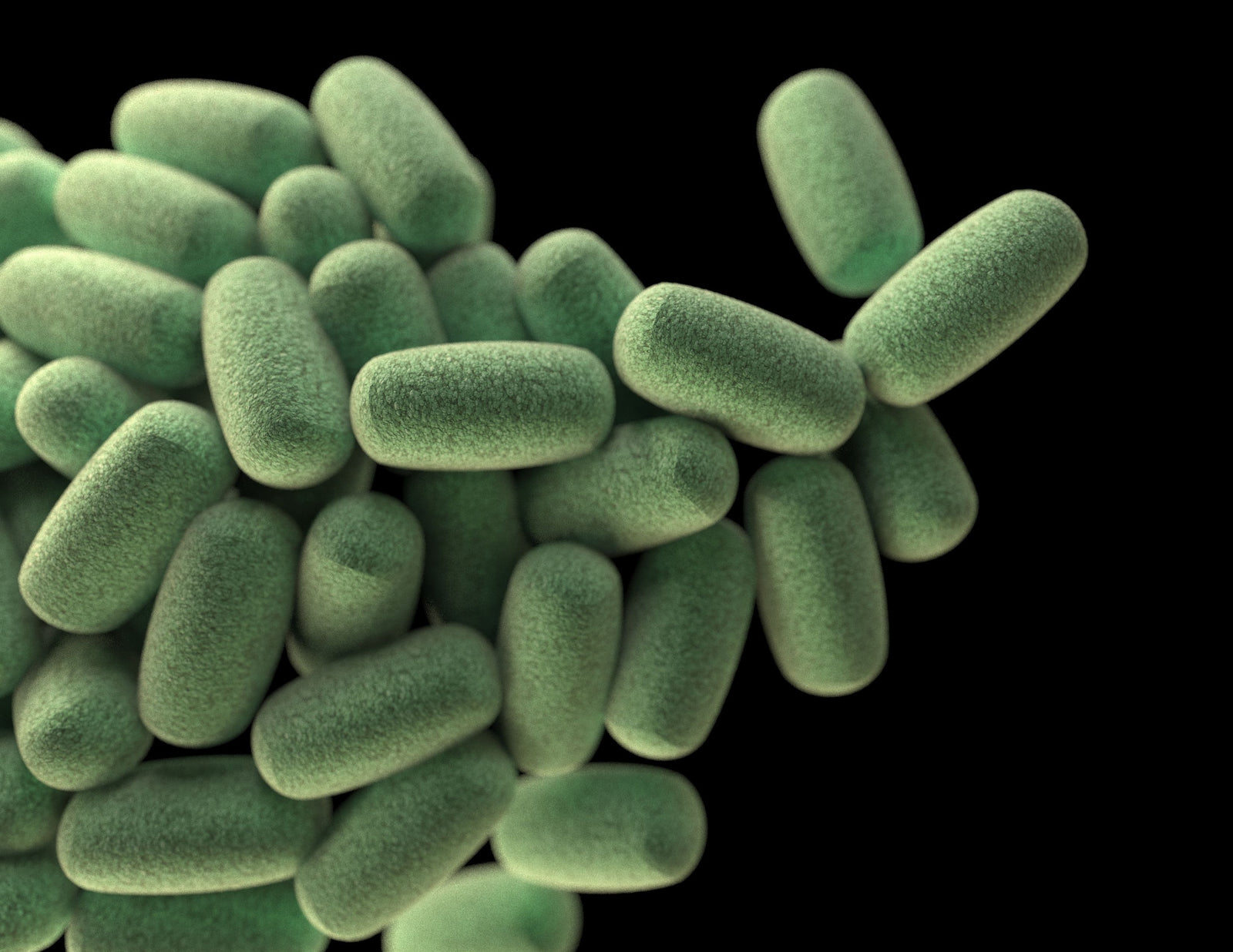SIBO: Causes, Symptoms and Treatments

This is a guest article by Registered nutritionist and gut health specialist, Marilia Chamon, founder of Gutfulness Nutrition.
Marilia is a SIBO Approved Practitioner, who is certified in Applying Functional Medicine in Clinical Practice from the world renowned Institute for Functional Medicine (IFM). Marilia has undergone extensive training on the pathophysiology of IBS, in addition to completing the Monash University 'Low FODMAP Diet for IBS' training course for health professionals.
SIBO and IBS are separate medical conditions, but they commonly coexist and share similar symptoms. That means that if you have been diagnosed with IBS, there is a strong likelihood that you may have SIBO as well. A systematic review and meta-analysis (considered to be the highest quality evidence on a research topic) found the prevalence of SIBO in IBS to be 38%. Another study found that of 202 irritable bowel syndrome patients, 157 (78%) had bacterial overgrowth and eliminating it improved IBS symptoms in 48% of those individuals.
What is SIBO?
SIBO stands for Small Intestinal Bacterial Overgrowth, that means there is an accumulation of bacteria in the small intestine. These bacteria normally live in our gastrointestinal tract, more precisely in the large intestine, but have overgrown in a location not meant to host so many bacteria. That becomes a problem because bacteria ferment dietary fibre and gas is produced as a result of this fermentation - when SIBO occurs, the accumulation of gas in the small intestine results in bloating, flatulence, abdominal distension, abdominal pain and discomfort, constipation and/or diarrhoea.
SIBO is divided into three sub-types: hydrogen SIBO, methane SIBO (also known as intestinal methanogen overgrowth) and hydrogen sulphide SIBO - each will present with different symptoms. Methane SIBO for example is associated with constipation while hydrogen sulphide SIBO is associated with diarrhoea.
What causes SIBO?
The most common cause of SIBO is traveller’s diarrhoea (aka food poisoning). Adhesions caused by abdominal surgery, endometriosis, appendicitis (or any infection in abdomen/injury to abdomen) and small intestine motility issues are other possible causes. Individuals that suffer from conditions such as Ehlers-Danlos, gastroparesis, hypothyroidism, to name a few, are also prone to developing it.
How does food poisoning cause SIBO?
The most common bacteria that cause food poisoning - Salmonella, E.Coli, Campylobacter and Shigella, release a toxin called Cytolethal Distending Toxin B (CdtB). When CdtB enters the body, the immune system fights back with an antibody called anti-CdtB. Due to molecular similarities, CdtB can look similar to vinculin, a naturally occurring protein in the body that is critical for gut function. Because of this similarity, the immune system gets confused and thinks it needs to fight back against vinculin and starts to produce another antibody, called anti-vinculin.
The production of anti-vinculin antibodies leads to gut nerve damage and improper functioning of the Migrating Motor Complex (MMC), the housekeeping waves that play a critical role in gut motility. When gut motility is impaired, the gut microbiome is disrupted and bacteria starts to accumulate in the small intestine.
How is SIBO diagnosed?
The gold standard for SIBO diagnosis is an aspiration of the small intestine but that is an invasive and expensive procedure. The current alternative is to do a lactulose or glucose breath test. The test measures hydrogen and methane gases which are exclusively produced by gut bacteria and exhaled in our breath. Results should be analysed together with symptoms for a conclusive diagnosis.
What is the treatment for SIBO?
SIBO is a disorder of the gut ecosystem and requires a multifactorial approach to be treated - that involves diet, lifestyle, specific antibiotics/antimicrobials and supplementation. One important thing to understand is that just focusing on killing the bacteria overgrowth is not enough - addressing the root cause(s) of why it happened in the first place is an essential part of the treatment. For example if you have motility issues the first question to be asked is ‘why is that happening?’ - it could be due to food poisoning, low thyroid function or chronic stress. We need to work on the underlying cause as bacteria can repopulate the small intestine in as little as two weeks after finishing a course of antibiotics.
What happens if SIBO is left untreated?
If left untreated SIBO can cause long-term consequences such as dietary fat malabsorption and vitamin deficiencies, in particular B12 and iron.
To learn more about Marilia and her work, visit her website or follow her on social media:
Instagram: @gutfulnessnutrition
Facebook: @gutfulnessnutrition
If you enjoyed reading this article, you might like An Interview with Marilia Chamon, Nutritional Therapist and Founder of Gutfulness Nutrition.



 Tara
Tara







